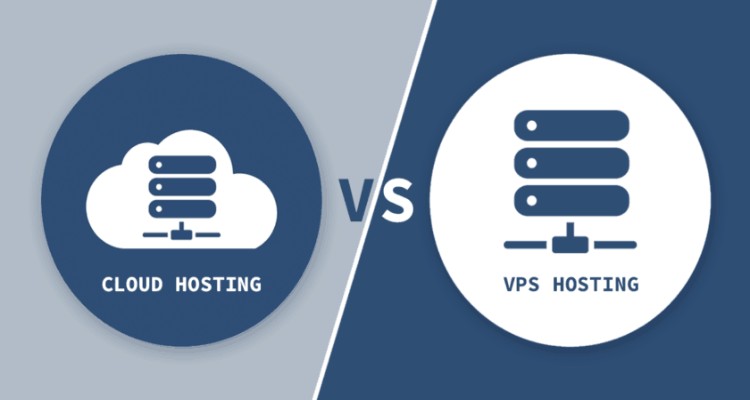The popularity of cloud is ever-growing, so much so that even data centers are now focusing more on cloud servers only. This growing demand is owing to its flexibility, reliability, and scalability. But there are more than just one type of servers that data centers offer. VPS is one of the other options available to businesses. So, how do businesses know which server to choose? In this article, we list all the differences between VPS and Cloud Servers.
Cloud Servers:
Fancy names like cloud Servers do not imply that they are actual clouds that store data, rather they are similar to any other regular server. A cloud server is basically a logical server, built hosted and delivered on a cloud platform.
VPS servers:
VPS is basically a virtual machine sold by a service datacenter as a service. VPS is associated with an operating system. In a VPS, a physical server runs a special software called the hypervisor. So, what this software does is that it creates virtual machines in a single server (main server). These virtual machines have their own specific resources such as RAM, Disk, CPU, etc. Some of the well-known hypervisors are Microsoft Hyper-V and VMware ESX. Two more hypervisors with the names XEN and KVM run on Linux OS.
Drawbacks of the standard VPS though must be taken into consideration. The basic problem that the VPS server faces is that it runs on a single physical server. In case, there is any problem with the main server, every other server instance will face the consequences. Coming to the next drawback, the combined resources of all the VMs never exceeds the total resources of the main server (it is not possible). The VPS is not scalable (until the server is offline and resources are added) when the resources of the VMs reach a certain threshold. Clouds save the day! Since we already mentioned cloud servers are extremely scalable and flexible.
A cloud is flexible because it runs not on a single server, but a multitude of servers that are redundant. These resources act as independent entities, as well as a single unit. So, when there are suppose 10 servers in a cloud and if a VPS is run on the cloud it will get the benefits from the memory, processors, and storage of those servers. Also, a cloud will allow VPS to move in real-time and without impacting operations. Since, the cloud also holds many servers, scaling up can be done on all those servers instead of the one main server on VPS alone. These are a few benefits of the cloud over VPS, but it’s just the tip of the iceberg. There’s a lot more than the cloud does than meets the eye.

